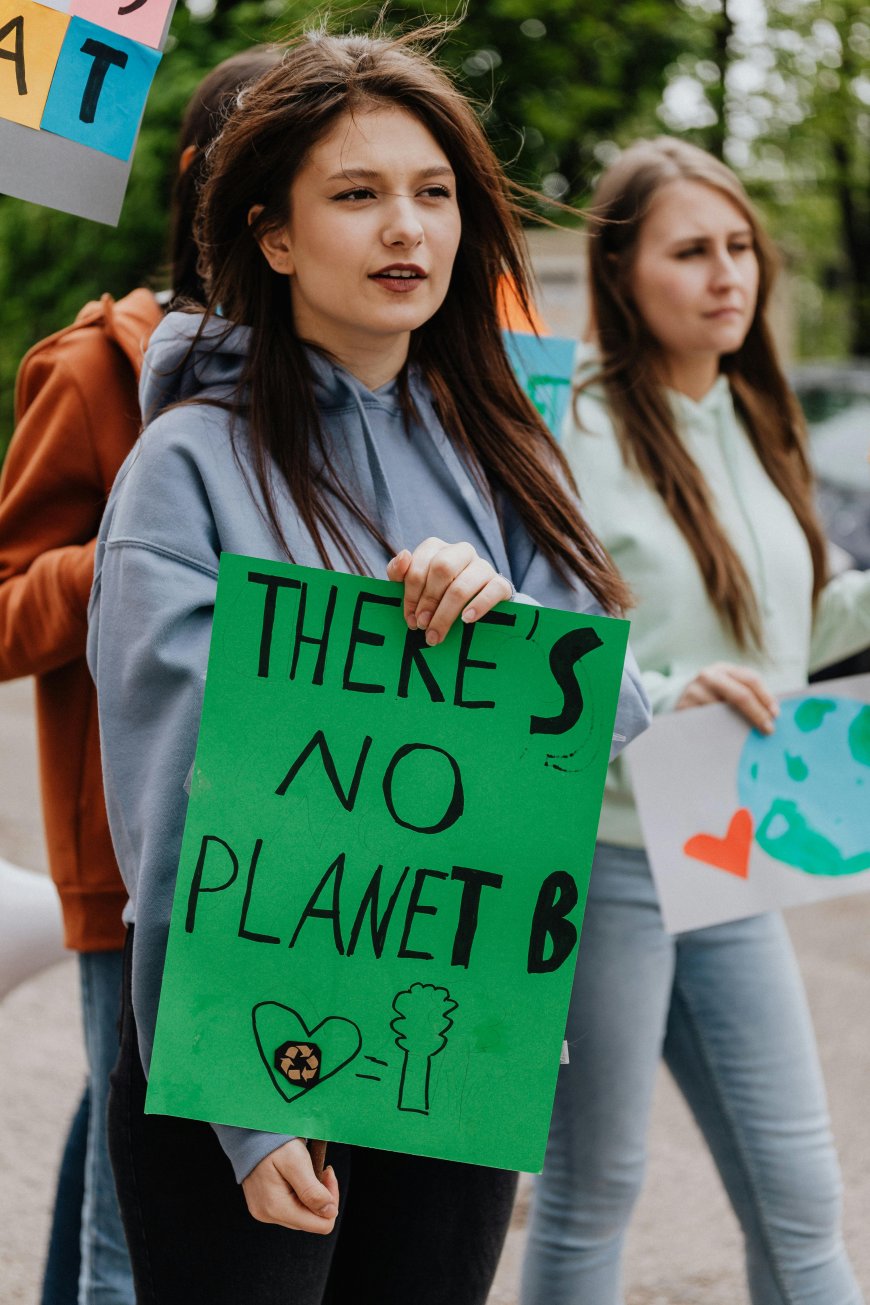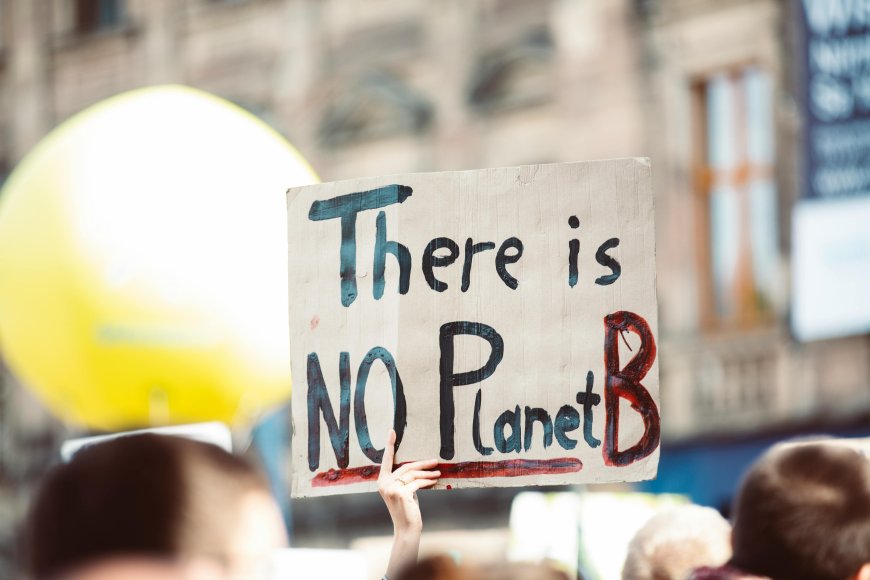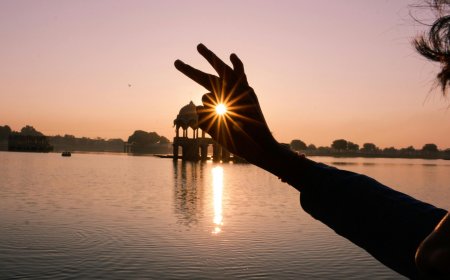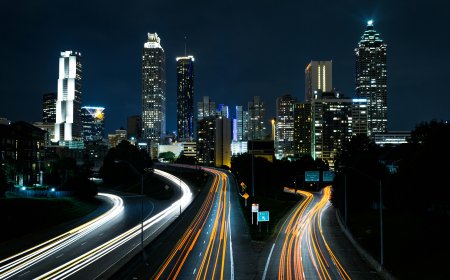Political Figures Who Impacted Society
Explore the political figures who reshaped history, from Churchill to Mandela, and discover how their leadership changed the world.

Politics is rarely about laws alone — it is about people. Certain leaders throughout history have stood at crossroads where their choices shaped not just nations but the very direction of global society. These political figures became symbols of leadership, struggle, and vision, influencing generations beyond their own.
The 20th and 21st centuries in particular witnessed dramatic shifts in power, ideology, and human rights. From wartime leaders to revolutionaries and reformers, here are some of the most influential political figures who left an indelible mark on society.
Winston Churchill: The Voice of Defiance
During the darkest days of World War II, Winston Churchill rallied Britain — and much of the free world — with words that still resonate: “We shall never surrender.”
As Prime Minister, Churchill’s leadership was not flawless. He was criticized for controversial colonial policies and sometimes brash decisions. Yet his unwavering defiance against Nazi Germany embodied the spirit of resistance that carried Britain — and its allies — through the war.

Churchill was not only a statesman but also a master orator and writer, later awarded the Nobel Prize in Literature. His impact lies in his ability to inspire courage when hope seemed nearly lost.
Nelson Mandela: The Global Symbol of Freedom
Few political figures have commanded as much moral authority as Nelson Mandela. After 27 years in prison under South Africa’s apartheid regime, Mandela emerged not bitter but determined to reconcile a divided nation.
As the country’s first Black president, Mandela pushed for unity, forgiveness, and human rights. His leadership extended far beyond South Africa, making him a global symbol of justice.
Images of Mandela raising his fist or smiling in his Springbok rugby jersey remain among the most powerful symbols of resilience and reconciliation in modern politics.
Margaret Thatcher: The Iron Lady
Love her or loathe her, Margaret Thatcher reshaped Britain in the late 20th century. As the first female Prime Minister of the UK, she broke barriers in a male-dominated political world.
Thatcher’s policies of deregulation, privatization, and a firm stance against the Soviet Union earned her the nickname “The Iron Lady.” While critics argue her economic reforms deepened inequality, supporters credit her with revitalizing Britain’s economy and reinforcing Western resolve during the Cold War.
Her tenure remains one of the most polarizing — and influential — in modern British politics.
Franklin D. Roosevelt: The Architect of Modern America
When Franklin D. Roosevelt (FDR) took office in 1933, the United States was in the grip of the Great Depression. Through his New Deal programs, FDR redefined the role of government in economic life, introducing social security, jobs programs, and financial reforms.
Later, during World War II, his leadership was crucial in rallying the U.S. and guiding the Allies toward victory. FDR’s four-term presidency made him a symbol of resilience and innovation, shaping America’s political and social landscape for decades to come.

Mahatma Gandhi: The Apostle of Nonviolence
While never holding official office in independent India, Mahatma Gandhi transformed politics through his philosophy of nonviolent resistance. Leading India’s struggle against British colonial rule, Gandhi mobilized millions through peaceful protest, strikes, and civil disobedience.
His legacy stretched far beyond India. Leaders like Martin Luther King Jr. and Nelson Mandela drew inspiration from his methods. Gandhi proved that political change could be achieved not through violence but through moral conviction and unity.
Martin Luther King Jr.: Dreaming of Equality
In the heart of the American civil rights movement, Martin Luther King Jr. became a beacon of hope and justice. His iconic “I Have a Dream” speech still echoes as one of history’s greatest calls for equality.
King’s commitment to nonviolent activism, inspired by Gandhi, reshaped the United States. His efforts helped dismantle segregation and advance civil rights legislation, though his life was tragically cut short in 1968.
King’s dream of a fairer, more just society continues to inspire movements worldwide.
Mikhail Gorbachev: The Reformer Who Ended the Cold War
When Mikhail Gorbachev rose to power in the Soviet Union in 1985, the Cold War seemed unending. But through his policies of glasnost (openness) and perestroika (restructuring), Gorbachev reformed a rigid system and ultimately helped end the East–West standoff.
Though controversial at home, where many blamed him for the collapse of the Soviet Union, Gorbachev is remembered globally as the leader who opened the door to a new world order and reduced the nuclear threat.
Why Political Figures Matter
Political leaders often become cultural figures, shaping not just governments but also identities, values, and hopes. Their legacies are rarely simple: Churchill’s heroism is balanced against imperialism, Thatcher’s strength against division, Mandela’s forgiveness against criticism of his successors.
But the truth remains: without these leaders, the trajectory of history would look very different.
FAQs
Q1: Who was the most influential political leader of the 20th century?
A1: Many historians point to Franklin D. Roosevelt for reshaping the U.S. and Nelson Mandela for symbolizing global justice.
Q2: Why is Winston Churchill remembered as a hero?
A2: His leadership and speeches during WWII inspired Britain and the Allies to resist Nazi Germany.
Q3: How did Gandhi change global politics?
A3: He pioneered nonviolent resistance, influencing movements for civil rights and freedom worldwide.
Q4: Why is Margaret Thatcher called the “Iron Lady”?
A4: Her uncompromising leadership style and strong stance against the Soviet Union earned her the nickname.
Q5: How did Martin Luther King Jr. change American society?
A5: He advanced civil rights through nonviolent protest, helping bring about landmark legislation for racial equality.
What's Your Reaction?
 Like
0
Like
0
 Dislike
0
Dislike
0
 Love
0
Love
0
 Funny
0
Funny
0
 Angry
0
Angry
0
 Sad
0
Sad
0
 Wow
0
Wow
0




































































